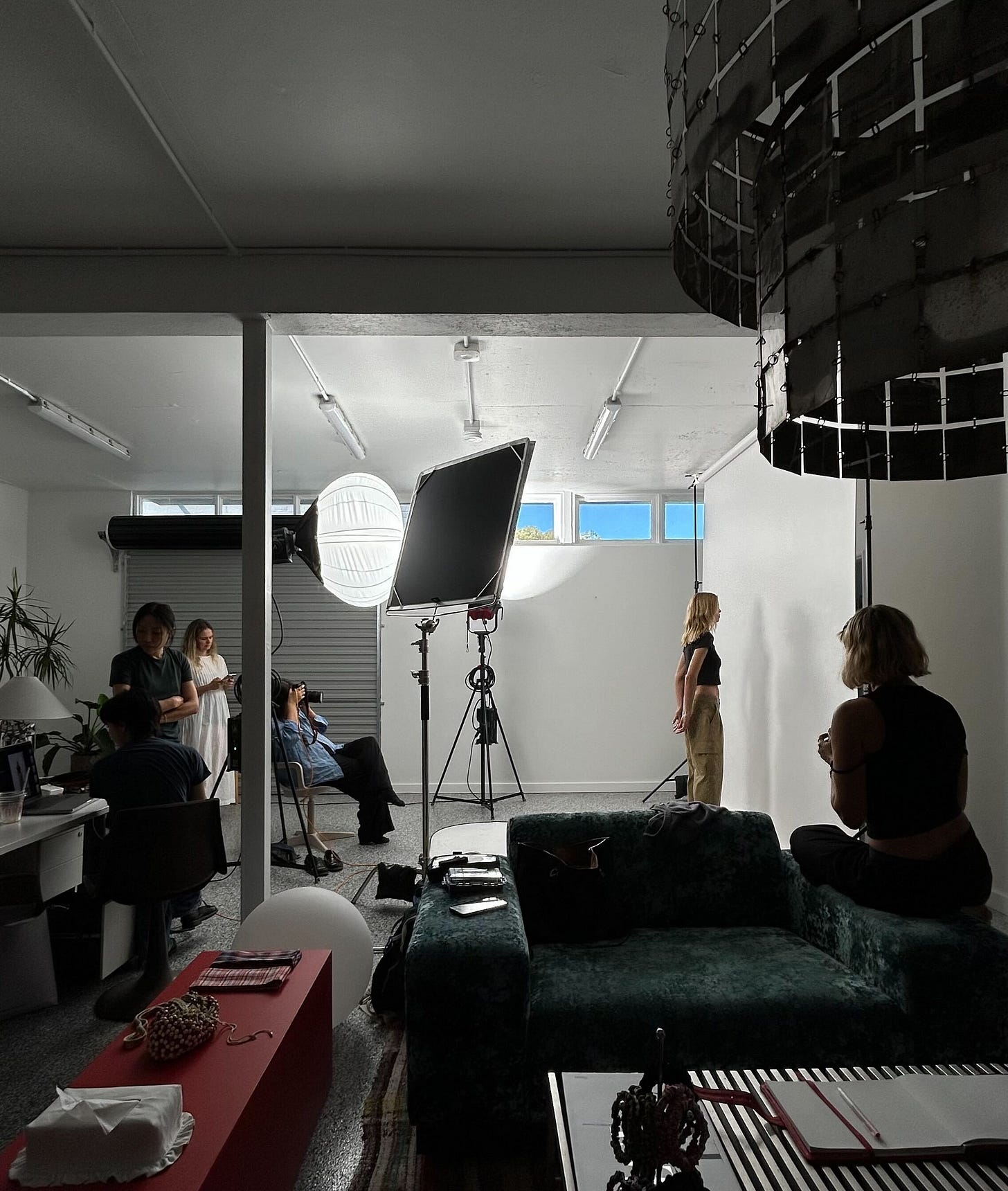In an age of informational abundance, the value of what we know is falling by the day.
Thanks to the rise of on-demand entertainment, podcasting, expert infographics, auto-generated research summaries and robotic chat systems, every question has an answer before it’s been asked.
Is our curiosity is the only victim?
Curiosity is an active desire to learn or know, a motivation to explore and understand the world around us.
Instinct says that such desire would be fulfilled by the endless amounts of information we absorb every minute. From books and small screens to billboards and big screens, we are stuck in a virtual Times Square, digesting thousands of visual symbols at any given moment.
But cutting through the noise is AI, serving exactly what we want on a silver platter and short circuiting out curiosity.
In many ways, such accessible and unadulterated dissemination of thought and discourse evens the playing field between society’s elite and lower strata. The old philosophers were right, knowledge is power and, ignoring every other privilege, learning is the fastest way to climb the social, corporate and professional ladders.
At the same time, social media discourages depth, as our attention is constantly and aggressively pivoted towards the fastest, funniest and most frivolous options.
We’re left just skimming the surface of anything worth understanding, with all the athleticism of a Dior runway.
With everything is so readily available, our skills to seek, learn and research are collectively impaired. We’ve lost the ability to understand; the ability to negotiate with ideas and reason with logic. We take short AI summaries as unequivocal and snappy TikTok anecdotes as fact, leaving no grey area for question or rumination.
If knowledge is a vehicle for social mobility, data is the race car equivalent. We care less about facts and more about talking points, ways to convince people over hard evidence. In the game of social mobility, it’s becoming less about what we know and how we use it.
The scale of public discourse means information can be so readily skewed, manipulated and published, our appetites for curiosity are unfortunately sated by disinformation and data.
It’s at this historical checkpoint that the concept of ‘digging deeper’ or ‘asking questions’ has been weaponised. Conspiracy theorists and Joe Rogan-esque characters tell us to oppose fact in defiance of Big Thought (N.B. usually a fictional power struggle), rather than out of curiosity.
Such a movement goes hand in hand with the rise in contrarianism, or taking opposition for opposition’s sake. Having existed in the same timeline as dating apps and Jared Leto, I’d argue the devil has enough advocates and contrarianism is just another symptom of lacking curiosity.
When everything is convenient and neatly packaged, curiosity is fighting an uphill battle. In an ideal world, it should be the salve to the sore.
Wanting to explore, dissect, seek, analyse and feed our innate cries for more knowledge is a tool for innovation, for good, for understanding the people we cohabitate the planet with.
The funniest people read books. The smartest people watch reality TV. The most magnetic people ask questions. Curiosity is the thing that binds.






